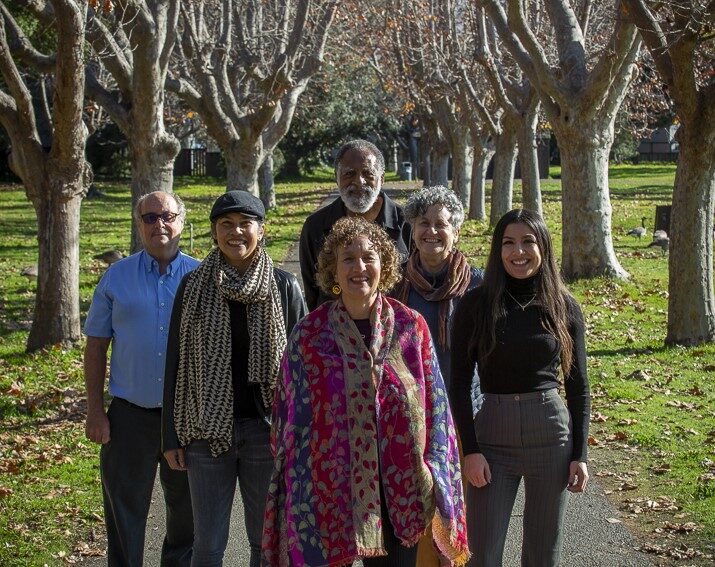The Alameda Wellness Campus is
creating a national model of
integrated care
The 3.6-acre Campus will serve an estimated 700 unhoused Alameda County each year in a healing
location next to Alameda’s Crown Memorial Beach and shoreline park


Comprehensive Care
Co-Locating:
- 50-bed Medical Respite Center
- Primary care health clinic
- 100 supportive housing units for seniors
- Homelessness prevention
Integrated Service Model
Fostering health recovery, stable housing, medical respite , and dignified end-of-life care for unhoused Alameda County residents
Collaboratively Shaped Model
Decisive engagement from community leaders, individuals who have experienced homelessness, neighbors, and health providers to shape vision and services


“Imagine being discharged from the hospital to your tent.”
“The Wellness Campus strengthens the model of care for our unsheltered relatives by providing housing, health care and dignity for people living and dying on our streets. There is nothing else like this project in the nation. “
Arnold Perkins, Project Champion; Wellness Campus; Former Director, Alameda County Public Health Department; and Beloved Community Leader
